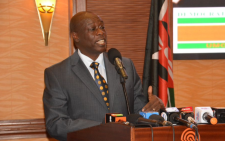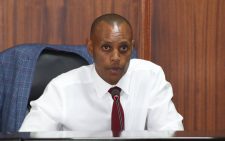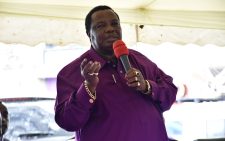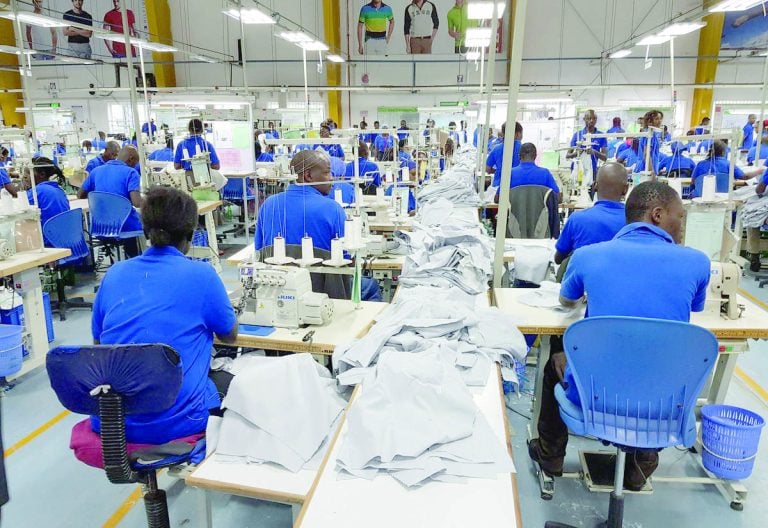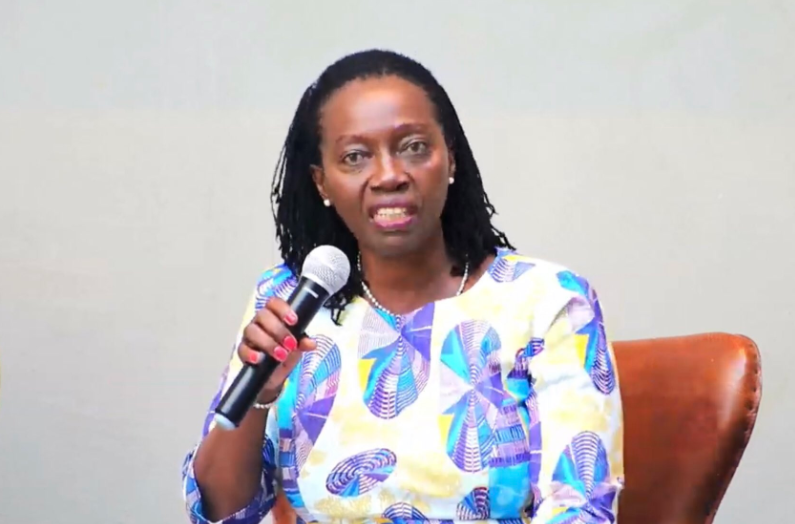State must put money in people’s pockets
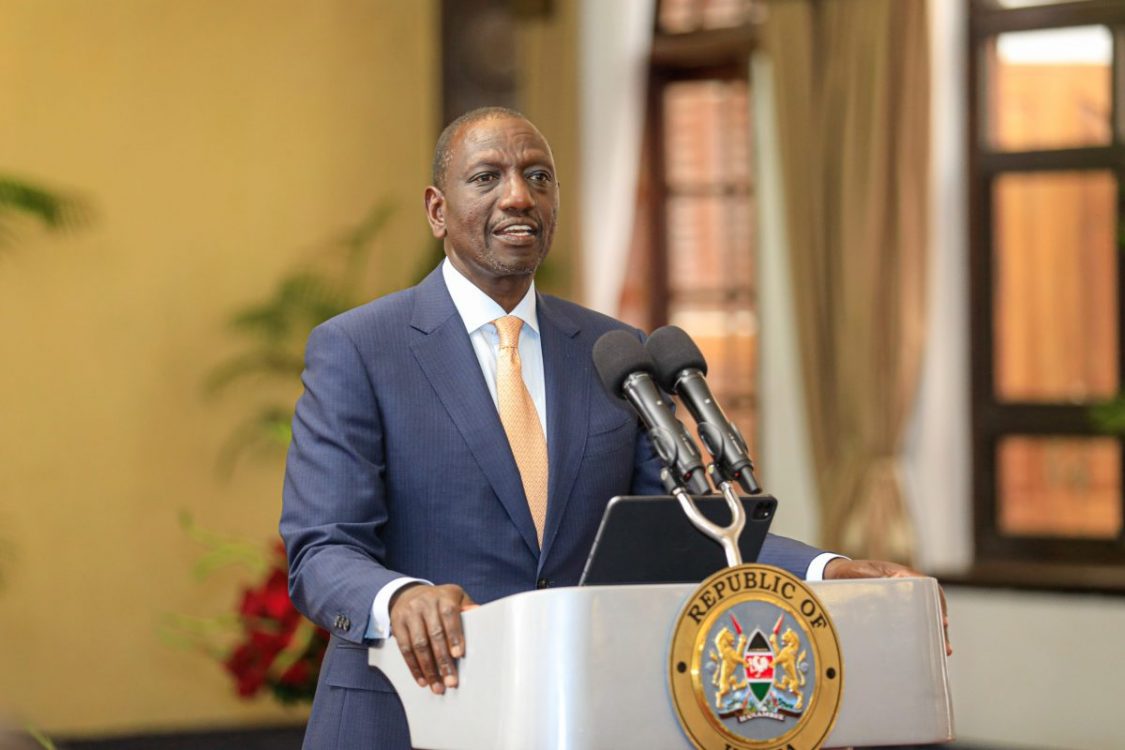
It is almost cliché- 2023 was one of the toughest economic years in recent memory. Everybody struggled. People have become very broke!
The huge loans the Government inherited put massive pressure on the Exchequer, leaving little fiscal space. The Government responded by taxing anything that wriggled. That hardship seems to have paid off, if the Government’s current performance in meeting its financial obligations on time is any indicator.
Salary delays for public servants are no more. County disbursements seem to be up to date, no wonder governors have gone quiet. Debt obligations no longer have the Treasury in a panic, and it has just settled an interest payment worth Sh10.8 billion ($ 68.7 million) on its Eurobond. Capitation for primary and secondary schools was released before schools opened this month, for the first time in years.
Tax revenues grew 12.5 per cent in the five months between July-November 2023 over the same period a year before to just shy of a trillion shillings. The macroeconomic fundamentals are sound, and the government’s fiscal space is clearly expanding.
What this means is that the cry from the Government that dominated 2023 in which it asked people to be patient as it sorted out the country’s financial crisis is now over.
The impact of the Government’s struggle to get the country out of the financial crunch was that life has been very tough. Particularly hit are the hustlers who pinned so much hope on this government.
It is, therefore, now time for the Government to give back to the very people it relied upon to plough through those tough times. It must remember that one cannot keep on milking a cow without providing it with fodder to enable it to generate milk.
This 2024 is the year the Government must prioritise putting money in people’s pockets. Forget about high sounding rhetoric about economic turnaround etc etc- just focus on how initiatives can be rolled out to get money in people’s pockets.
There are several quick wins. The pending bills at both the national and county government levels. The Government especially needs to lean on governors who have refused to pay pending bills because the projects were undertaken during the tenure of their predecessors. Central Bank of Kenya (CBK ) must ease credit for businesses. It is now clear that its action of supporting the shilling by choking the economy of credit was ill-thought out. The shilling has since lost further ground (Sh8)- and counting!
Credit to businesses will unlock a lot of economic transactions- buying and selling- and this movement of cashflows eases the cash crunch that people are experiencing.
Facilitate faster turnaround for investment projects aimed at the productive sector, especially those with short gestation periods.
This column has had occasion to reiterate that Kenya’s economic management team must develop and roll out a timebound economic recovery framework that will govern its actions going forward. Right now, it seems like this team is on autopilot, careening from one crisis to another.
That might have made sense a few months ago when the Government faced a huge financial crisis, but this cannot be the modus operandi that will achieve the very ambitious targets the Kenya Kwanza Government set in its manifesto.
The almost meteoric growth of the economy under NARC Government led by President Mwai Kibaki between 2003-2007 was because it was governed by an action-led strategy- the Economic Recovery Strategy for Wealth and Employment Creation 2003-2007.
The short-term priority of Kenya’s economic team now is putting money in people’s pockets. This will hit two birds with one stone. First, it will spur economic activity, leading to economic rejuvenation and growth. Secondly, it will stem the dangerously rising frustration and growing disenchantment with the failure of Government to fulfil the huge promises it made to create economic opportunities, especially for long marginalised hustlers.
Treasury Cabinet Secretary, Prof. Njuguna Ndungu, the ball is in your court.
—gathukara@gmail.com
